Best Shampoo for Cancer Patients They Will Love
In this post you will read about the Best Shampoo for Cancer Patients They Will Love.
The side effects of chemotherapy, radiation therapy, and hormone therapy can be tough—not just for the body but for the hair and scalp as well.
For many women, losing their hair during treatment can feel overwhelming.
That’s why finding the right shampoo for cancer patients becomes a crucial part of feeling comfortable and cared for.
Let’s talk about what happens to your hair and scalp during treatment and why choosing the best hair care products can make all the difference. Let’s go!
This post may contain affiliate links which means I may receive a commission for purchases made through links (at no extra cost for you). As an Amazon Associate I earn from qualifying purchases. Learn more on my Private Policy & Disclaimer page.
Understanding Hair and Scalp Changes During Cancer Treatment
Chemotherapy and Hair Loss
Chemotherapy treatment is notorious for causing hair loss, or alopecia.
The chemotherapy drugs target fast-growing cancer cells, but they can’t differentiate between cancer cells and other fast-growing cells in your body, like hair follicles.
“Hair is lost when chemotherapy drugs damage hair follicles, making hair fall out. It can be hard to predict which patients will lose their hair and which ones won’t, even when they take the same drugs.” (American Cancer Society)
This leads to hair loss on your scalp, eyebrows, eyelashes, and even pubic hair.
It’s important to remember that not all chemotherapy causes complete hair loss, but you may notice thinning or less hair than usual.
As the American Cancer Society explains, hair loss usually begins about two weeks after your first chemo session, and it often affects the blood vessels around the hair follicles, slowing hair regrowth during and after treatment .
Radiation Therapy and Scalp Sensitivity
If you’re undergoing radiation therapy, especially if it’s targeted near your scalp, you might experience scalp sensitivity and dry skin in the treated area.
“These skin changes usually occur one to two weeks after your treatment begins and may last for one to two weeks after your last treatment.” (Hillman Cancer Center)
Radiation treatments can damage normal cells in addition to cancer cells, leading to brittle nails, skin irritation, and, of course, hair loss in the treated areas.
If you’re dealing with scalp tenderness or itching from radiation, the right mild shampoo can soothe your skin without causing further irritation.
“Hair loss may be temporary or permanent, depending upon the dosage of radiation and your particular treatment plan. If your hair loss is temporary, it usually takes about three months before your hair will begin to grow back.” (Hillman Cancer Center)
Hormone Therapy and Hair Thinning
For those on hormone therapy, hair thinning can be a side effect.
It’s more gradual than the hair loss caused by chemotherapy, but it can be distressing nonetheless.
“Hormonal therapies work either by lowering estrogen levels or by blocking the effects of estrogen in breast tissue. Researchers don’t know exactly why hormonal therapies cause hair loss, but by lowering estrogen levels they reduce the growth of hair follicles.” (BreastCancer.Org)
Hormone therapy can also cause changes in your hair’s texture.
Key Factors to Consider When Choosing Shampoo
When it comes to finding the right shampoo during and after cancer treatment, gentle and nourishing options are key. Here’s what to look for:
Sulfate-Free Formulas
You’ll want to choose a sulfate-free shampoo, as sulfates can strip the scalp of natural oils and lead to further dryness. Especially for those with a sensitive scalp, this can be a big help.
Hypoallergenic and Fragrance-Free
Fragrance-free and hypoallergenic products are ideal for anyone undergoing cancer treatment. Harsh fragrances can irritate your scalp, especially if you’ve experienced dry skin or peeling from radiation therapy.
Moisturizing and Soothing Ingredients
Look for shampoos that are packed with natural ingredients like aloe vera, coconut oil, or glycerin.
These will help moisturize your scalp and keep it from becoming overly dry or flaky. Alra Mild Conditioning Shampoo, for example, is specifically formulated for cancer patients and is gentle on the scalp .
pH-Balanced Shampoos
Using a pH-balanced shampoo helps maintain your scalp’s natural protective barrier. This is especially important if your scalp has become more sensitive due to treatment.
Best Shampoos for Cancer Patients
When it comes to choosing the best natural shampoos for cancer patients, it’s important to focus on gentle, nourishing, and non-toxic ingredients that are kind to sensitive scalps.
Chemotherapy and radiation can make the skin and scalp dry, sensitive, and prone to irritation, so finding a shampoo that is sulfate-free, fragrance-free, and full of natural ingredients is key.
Below are some great options for cancer patients seeking gentle, natural hair care products:
1. PhysAssist Oncology Delicate Shampoo
This shampoo is specifically formulated for those undergoing cancer treatments like chemotherapy and radiation.
It’s designed to be extra gentle on fragile hair and sensitive scalps, helping to soothe irritation and prevent further dryness.
The shampoo is free from harsh chemicals, sulfates, and parabens, making it ideal for those with delicate skin.
It’s mild, non-irritating formula also works to cleanse without stripping natural oils, leaving hair feeling soft and clean.
With natural ingredients and a focus on comfort, it’s a great option for individuals dealing with hair loss, scalp sensitivity, or hair thinning during cancer treatments.
2. Alra Mild Conditioning Shampoo
Alra Mild Conditioning Shampoo is a go-to for many breast cancer patients.
It’s designed to hydrate and soothe the scalp, making it perfect for those with sensitive scalps caused by chemotherapy and radiation.
It contains natural ingredients like aloe vera, which helps soothe and hydrate sensitive scalps without harsh chemicals or synthetic fragrances.
Why it’s great:
- Designed for cancer patients
- Mild and conditioning
- Helps reduce dryness and irritation
3. Vanicream Free & Clear Shampoo
This fragrance-free option is another excellent choice.
It’s gentle on the scalp, free of harsh chemicals, and works well for those with sensitive skin or allergies.
Many breast cancer patients find it to be a great shampoo for easing irritation.
This dermatologist-tested shampoo is free of fragrances, dyes, sulfates, and parabens, making it an excellent choice for those with sensitive scalps due to cancer treatments.
Why it’s great:
- Free from common allergens
- Hypoallergenic
- Gentle enough for daily use
4. Earth Mama Organics Natural Shampoo & Body Wash
Made with organic calendula and other soothing herbs, this gentle, multi-use shampoo is safe for those with sensitive skin and is free from harsh chemicals and artificial fragrances.
It’s a great option for cancer patients looking for something that feels nurturing and healing.
Why it’s great:
- Non-toxic and organic
- Fragrance-free and cruelty-free
- Gentle on hair and scalp
5. Babo Botanicals Moisturizing Baby Shampoo
This ultra-gentle, plant-based shampoo is formulated for sensitive skin and scalps.
While it’s marketed for babies, its all-natural ingredients like oat protein and calendula make it a great choice for cancer patients seeking a soft and soothing shampoo.
Why it’s great:
- Hypoallergenic
- Free from synthetic chemicals
- Moisturizing and calming
6. Avalon Organics Therapy Biotin B-Complex Thickening Shampoo
For cancer patients experiencing hair thinning, this biotin-infused shampoo contains organic botanicals that are gentle yet supportive for thinning hair.
It’s free of GMOs, parabens, and synthetic fragrances.
Why it’s great:
- Certified organic ingredients
- Contains biotin for hair health
- Thickening properties for fine or thinning hair
7. Puracy Natural Shampoo
This award-winning, plant-based shampoo is ultra-gentle and free of harsh chemicals, making it ideal for those with fragile, post-chemo hair.
It features a blend of coconut-based cleansers and plant-based moisturizers to hydrate and soothe the scalp.
Why it’s great:
- Non-toxic and sulfate-free
- Plant-based with no harsh chemicals
- Gentle on the scalp with a light, natural scent
8. Acure Ultra Hydrating Shampoo
This natural shampoo is vegan and free of parabens, sulfates, and mineral oil.
It’s formulated with argan oil and pumpkin seed oil, which helps hydrate and restore the scalp without weighing hair down, making it ideal for post-treatment hair regrowth.
Why it’s great:
- Plant-based and cruelty-free
- Hydrating without heavy residue
- Gentle on sensitive scalps
9. California Baby Super Sensitive Shampoo
Although made for babies, this shampoo is perfect for those undergoing cancer treatment due to its mild formula. It’s free from synthetic fragrances, parabens, and sulfates, and is made from gentle, plant-based ingredients.
Why it’s great:
- Free from harsh chemicals
- Fragrance-free and gentle for all skin types
- Designed for ultra-sensitive skin
10. Nioxin System Kit for Thinning Hair
For those looking to support new hair growth post-treatment, the Nioxin System Kit can be helpful.
It focuses on strengthening thinning hair and improving scalp health, which is crucial when your hair starts to grow back.
Best Tips For Minimizing Hair Loss During Chemotherapy
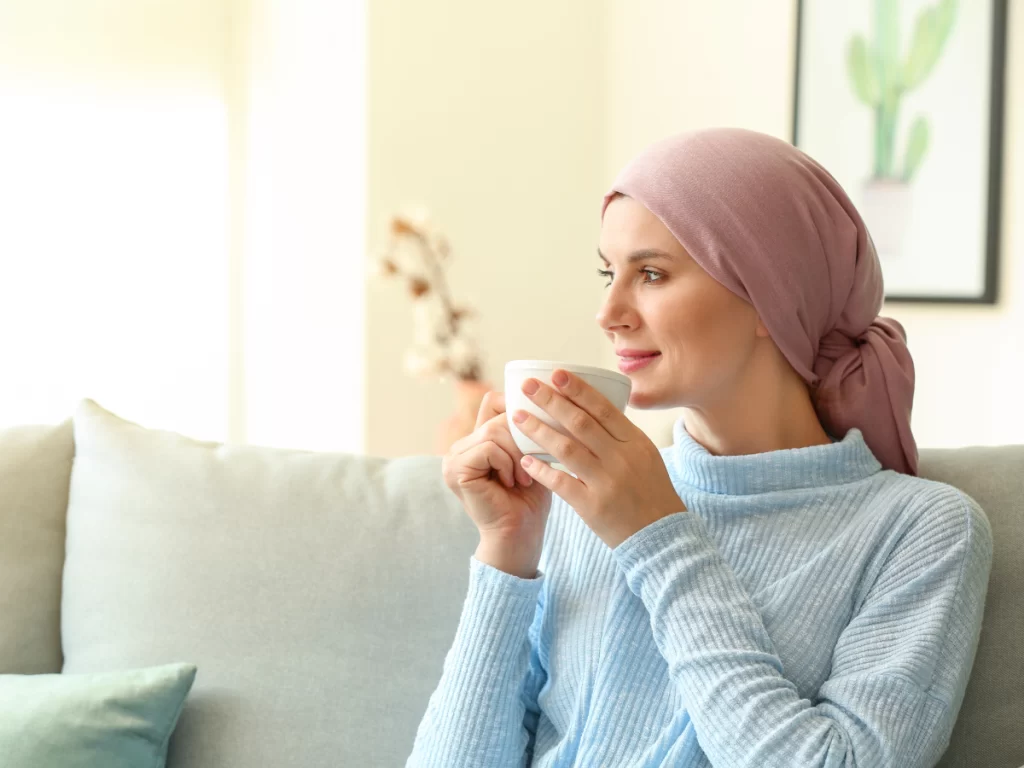
1. Consider Cold Cap Therapy
Cold caps, or scalp cooling, are one of the most effective methods to prevent or reduce hair loss during chemotherapy.
Cold caps work by narrowing the blood vessels in the scalp, reducing the amount of chemotherapy drugs that reach the hair follicles.
According to the Mayo Clinic, “Usually, patients wear the cap for 30 minutes before their chemotherapy treatments, throughout the chemotherapy session and for 90 to 120 minutes afterward. A study conducted on women using the cooling caps while undergoing chemotherapy for breast cancer showed that 66% lost 50% or less of their hair.”
Consult with your healthcare team to determine if cold cap therapy is a suitable option for you.
2. Use Gentle Hair Care Products
Switch to gentle, sulfate-free shampoos and conditioners designed for sensitive scalps, like Alra Mild Conditioning Shampoo or PhysAssist Oncology Delicate Shampoo.
Avoid products with harsh chemicals, and opt for natural, hydrating ingredients to keep your scalp healthy and moisturized.
If your scalp is itchy or dry, consider using lightweight oils like jojoba or argan oil. These oils won’t clog your pores and can be massaged gently into your scalp after washing.
3. Avoid Heat Styling
Heat can make hair more fragile, so it’s best to avoid blow dryers, straighteners, or curling irons during treatment.
Let your hair air dry whenever possible, and if styling is necessary, use the lowest heat setting available.
4. Be Gentle When Washing and Brushing
Brush slowly and carefully, and avoid hairstyles that pull tightly on the scalp, like ponytails or braids.
To avoid putting stress on your hair, wash it less frequently and use a wide-toothed comb or a detangling brush to gently detangle hair. For example: Crave Naturals Glide Thru Detangling Brush.
5. Get a Short Haircut Before Treatment
Many people find it helpful to cut their hair short before starting chemotherapy.
Shorter hair is less noticeable when it sheds, and a fresh cut can help you mentally prepare for potential hair loss. Some people even choose to shave their heads to feel more in control of the process.
6. Stay Hydrated and Nourished
Eating a healthy diet and staying hydrated can support overall health, including the health of your hair follicles.
Nutrients like protein, vitamins, and minerals are important for hair strength.
If possible, consult a nutritionist to ensure you’re getting the right nutrients to support your body through treatment.
7. Protect Your Scalp
If you lose hair, your scalp may become more sensitive.
Whether you have some hair left or you’re dealing with a bald head, being gentle is the most important thing.
Avoid harsh brushing and opt for soft head coverings like baseball caps, scarves, or ready-made wigs when going out in the sun to protect your scalp from UV rays.
Keeping your scalp covered and protected can prevent irritation and discomfort.
8. Consult Your Healthcare Team
Discuss your concerns with your doctor before starting chemotherapy.
Some treatments are more likely to cause hair loss than others. Your doctor may be able to adjust the dosage or type of chemotherapy drugs used if hair loss is a significant concern for you.
9. Consider Hair Regrowth Treatments Post-Chemo
After chemotherapy, you can discuss options like minoxidil (Rogaine) with your healthcare provider. While these treatments won’t prevent hair loss during chemotherapy, they may help accelerate hair regrowth once treatment is complete.
10. Rosemary water
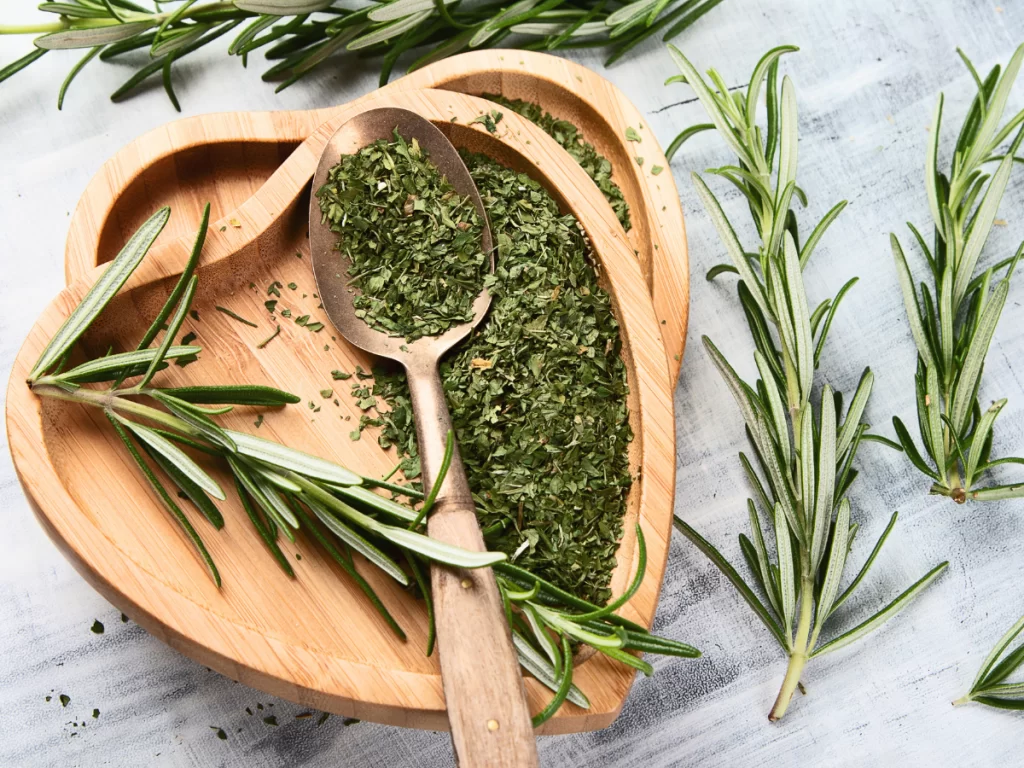
This option has gained popularity as a natural remedy for promoting hair growth. It is derived from the rosemary herb and is rich in antioxidants and anti-inflammatory properties that are believed to improve scalp health and stimulate hair follicles. Here’s how rosemary water may support hair growth:
Stimulates Blood Circulation
Rosemary is known for enhancing blood circulation when applied to the scalp, which can help stimulate hair follicles and encourage hair growth. Improved circulation ensures that hair follicles receive more nutrients and oxygen, which supports stronger, healthier hair growth.
Prevents Hair Loss
Some studies suggest that rosemary oil or rosemary water can help prevent hair loss. According to a 2015 study published in SKINmed, rosemary oil was as effective as minoxidil (a common hair regrowth treatment) in reducing hair loss over six months. This indicates that rosemary water may help slow down or prevent hair thinning and shedding.
Fights Dandruff and Scalp Irritation
The anti-inflammatory and antimicrobial properties of rosemary can help reduce dandruff and soothe an irritated scalp. A healthy, dandruff-free scalp is essential for optimal hair growth, as inflammation and flaking can weaken hair follicles.
Balances Scalp Oil Production
Rosemary water helps to regulate oil production on the scalp, keeping it moisturized without becoming too oily. A well-balanced scalp can foster better hair growth, as excess oil can clog hair follicles, while too little can lead to dryness and brittleness.
How to Use Rosemary Water for Hair Growth
- DIY Rosemary Rinse: Boil fresh or dried rosemary in water, strain it, and let it cool. Use it as a final rinse after shampooing or apply it directly to the scalp and massage it in.
- Rosemary Hair Mist: Store rosemary water in a spray bottle and use it to mist your scalp and hair regularly. This keeps your scalp hydrated and promotes blood circulation.
- Rosemary Oil Massage: Combine rosemary essential oil with a carrier oil (like coconut or jojoba oil), and massage it into your scalp. You can rinse it off after 30 minutes or leave it overnight for better absorption.
11. Manage Stress and Emotional Support
Hair loss can be emotionally challenging.
Consider joining a support group or working with a therapist who specializes in oncology.
Emotional support is essential during this time, and connecting with others can help reduce anxiety around hair loss.
Common Concerns About Hair Care During Breast Cancer Treatment
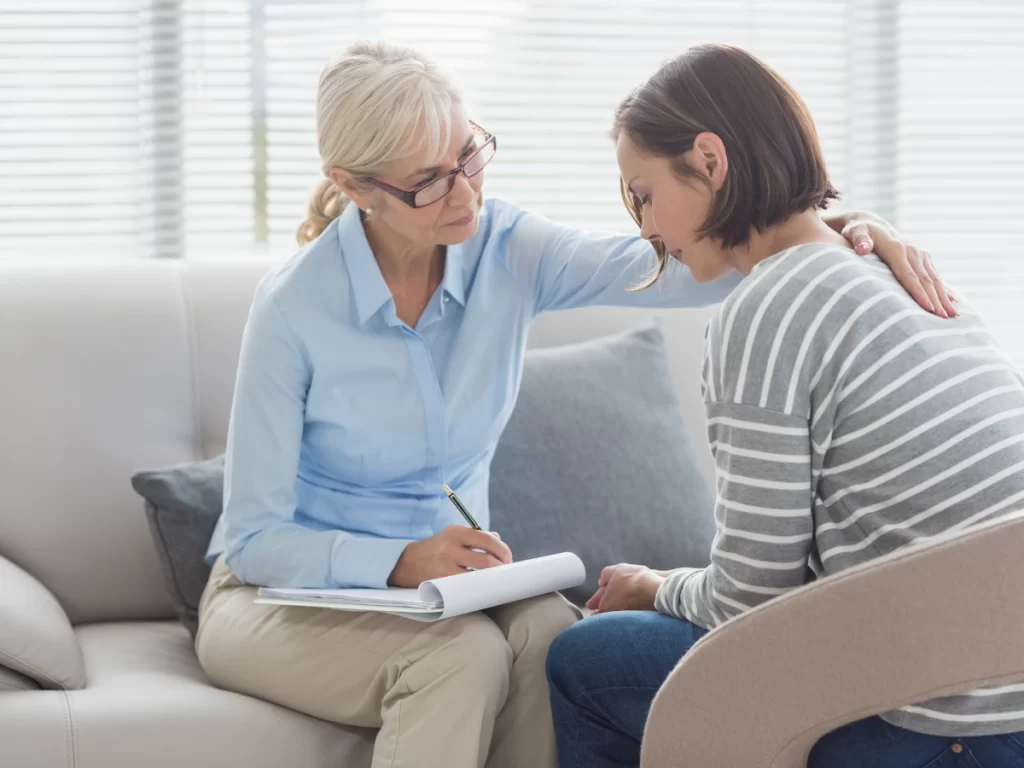
Can Shampoo Prevent Hair Loss?
While using the right shampoo can soothe your scalp and keep it healthy, no shampoo will prevent hair loss during chemotherapy.
The goal is to support your scalp health and help new hair growth once treatment ends.
Will My Hair Grow Back the Same?
Many women find that when their hair grows back, it has a different texture or even a different color.
For some, their hair comes back curlier or straighter than before. This can be a surprise, but over time, your hair will settle into its new normal.
Book Suggestions for Cancer Hair Care
For those looking to dive deeper into caring for your hair during cancer treatment, here are a couple of helpful reads:
“Cancer Hair Care” by Jasmin Julia Gupta
This book offers advice specifically tailored to women dealing with hair loss during and after cancer treatment.
“Look Good, Feel Better: Beauty Guide for Cancer Survivors”
A fantastic resource with tips from makeup artists, clinical cosmetologists, and cancer survivors on how to feel your best while going through treatment.
In this post you read about the Best Shampoo for Cancer Patients They Will Love.
To Summarize
Finding the best shampoo and hair care routine as a breast cancer patient can make a big difference in how you feel during treatment.
It’s not just about keeping your scalp healthy—it’s about feeling like yourself.
With the right gentle products, you can protect your scalp, prepare for hair regrowth, and embrace your new look as part of your healing journey.
Remember to lean on your healthcare team for advice and consider talking to a social worker or support group to share experiences and find additional resources.
And, as always, good luck on your journey—you’ve got this!
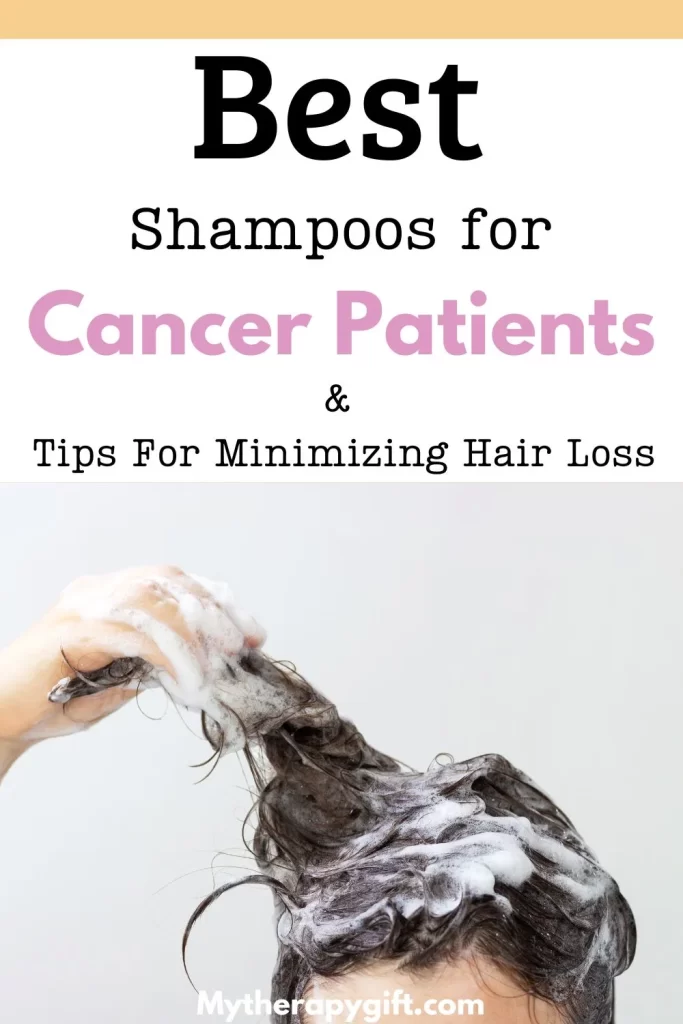
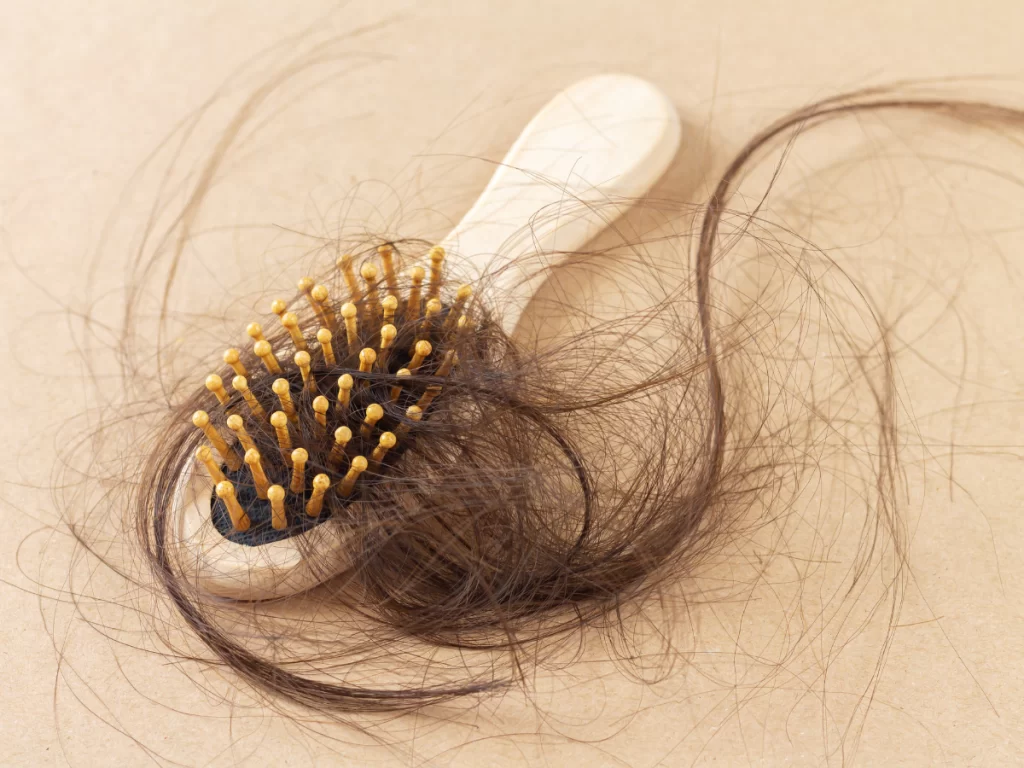
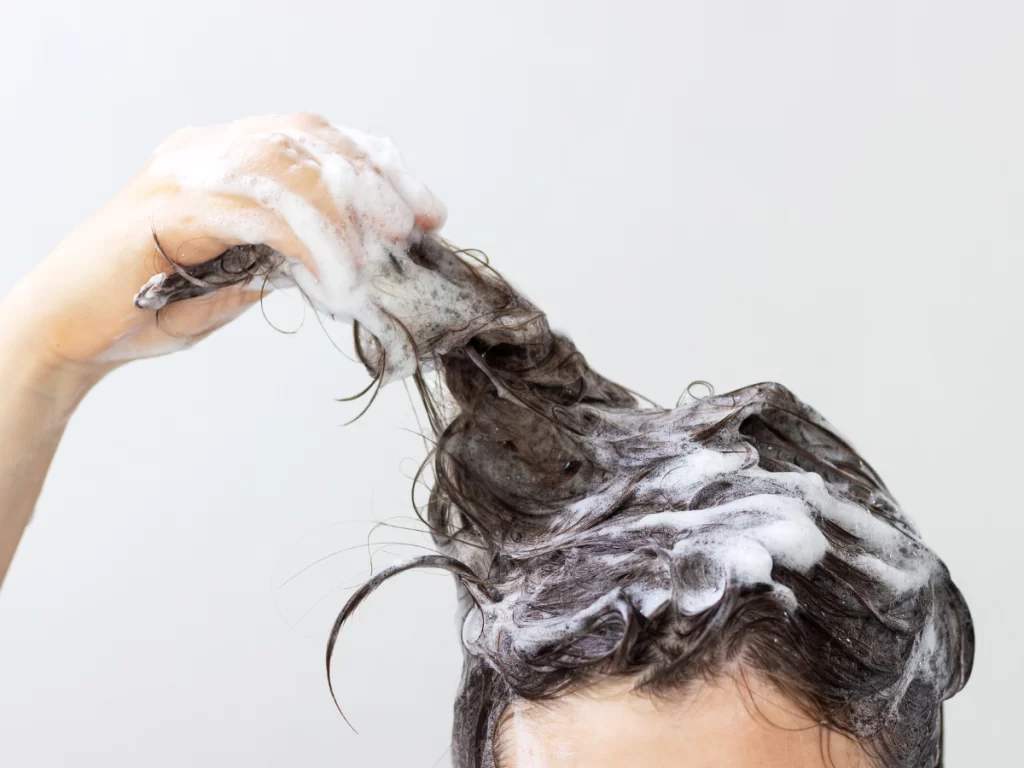
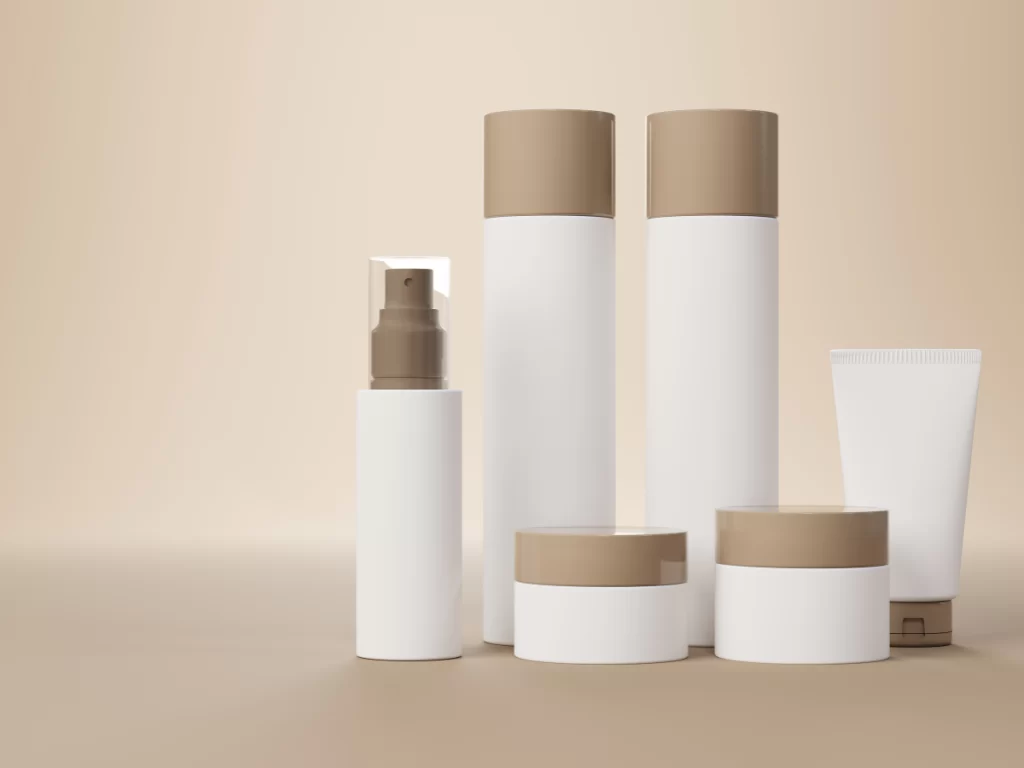
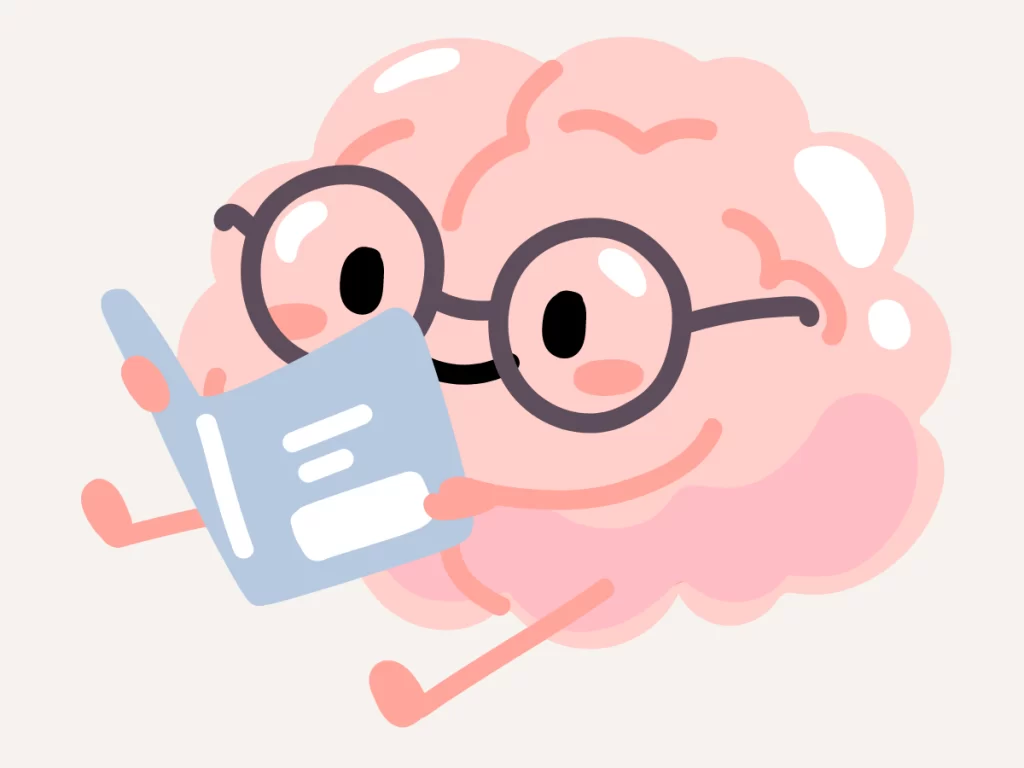
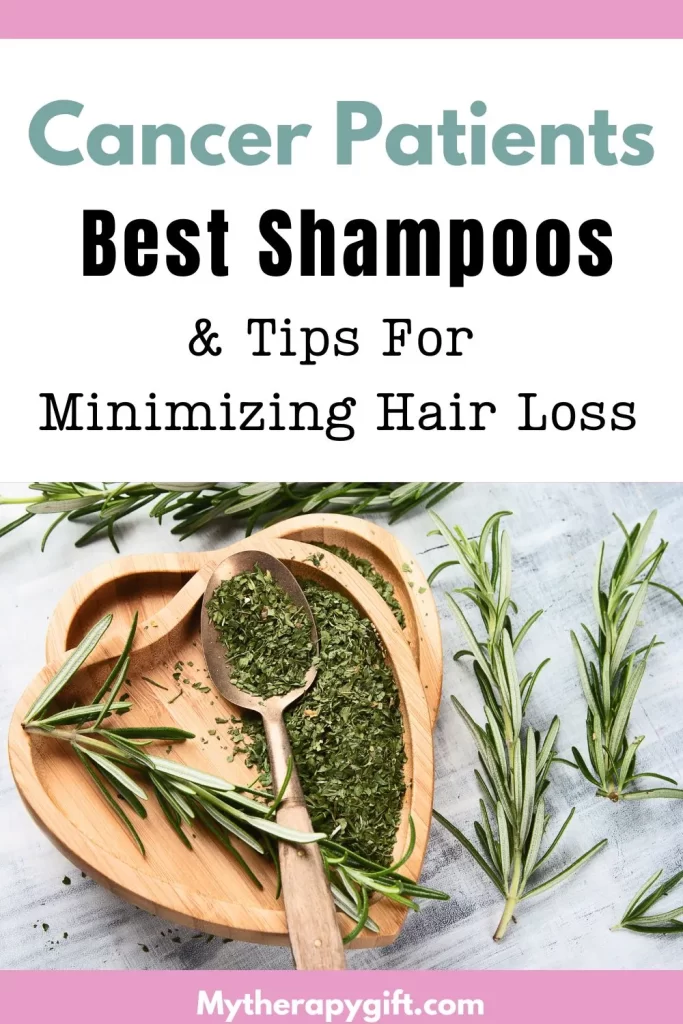
Leave a Reply